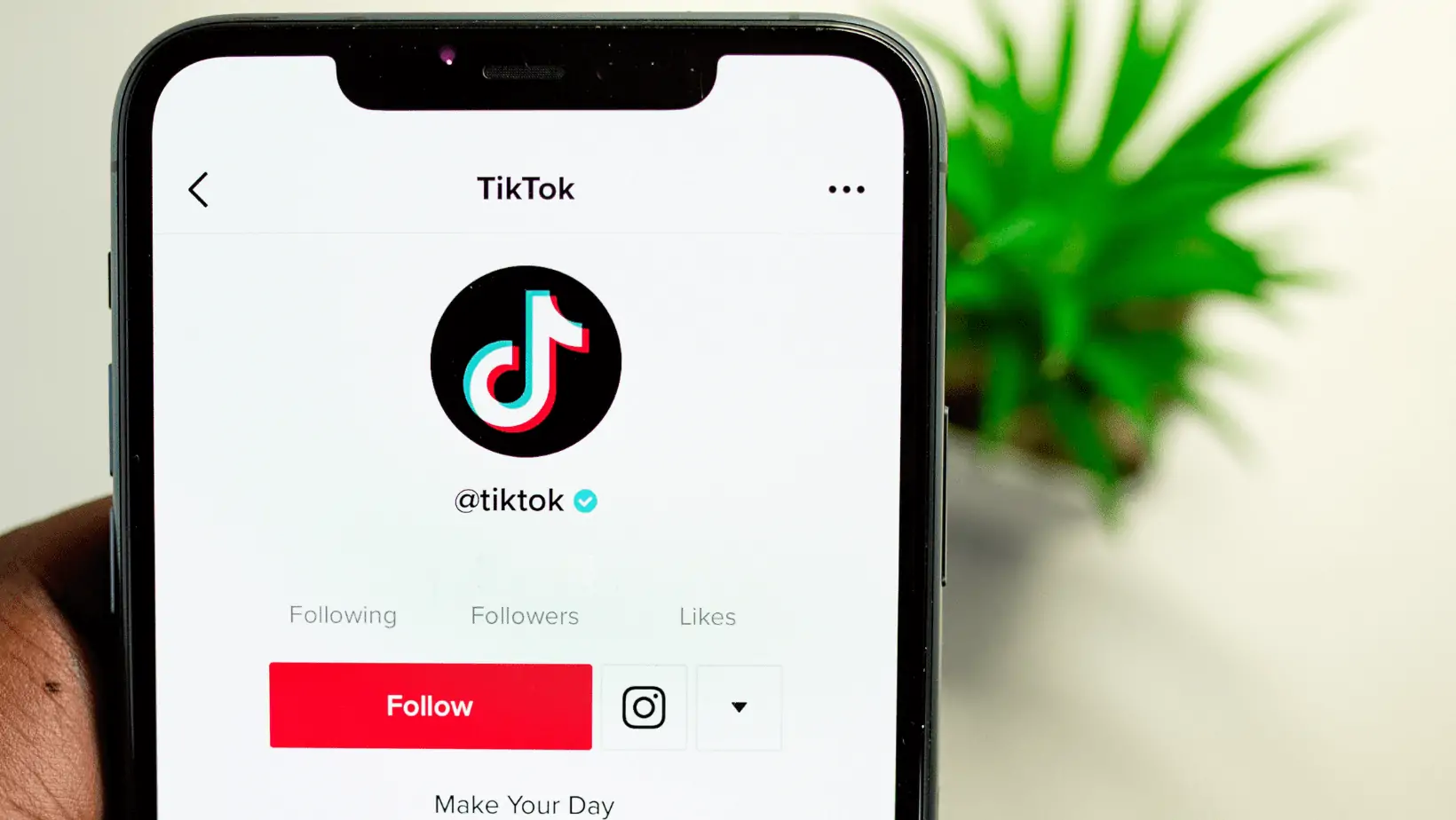
In recent times, numerous countries around the world have banned the popular video-sharing app TikTok from government devices, with Australia being the latest to join the list. South Africa, like many nations, needs to be cautious and evaluate the potential risks posed by the social media platform, which is owned by the Chinese company ByteDance.
The ban in Australia follows a seven-month-long review initiated by Home Affairs Minister Clare O’Neil, which examined the security risks posed by social media platforms, including TikTok. The app’s CEO, Shou Zi Chew, faced over five hours of questioning by US politicians during a congressional hearing. Concerns raised during the hearing revolved around the handling of user data, its potential access by the Chinese Communist Party, and the spread of harmful content on the platform.
TikTok has consistently maintained that user data is stored securely and held privately. In response to the security concerns, CEO Shou Zi Chew stated, “ByteDance is not an agent of China or any other country.” However, evidence suggests that a ban might have been long overdue.
Since its acquisition by ByteDance in 2017, TikTok (formerly known as Musical.ly) has faced persistent rumors about its handling of user data and privacy. Despite the company’s assurances, TikTok’s privacy policy permits user data, including browsing history, location, and biometric identifiers, to be collected and shared with business partners, content moderation services, measurement providers, advertisers, and analytics providers.
One of the most concerning provisions of the policy is the sharing of user information with law enforcement agencies or regulators, and third parties pursuant to a legally binding court order when required by law. This includes China’s National Intelligence Law, which obliges organizations to cooperate with state intelligence agencies, potentially forcing ByteDance to share TikTok data deemed relevant to national security.
TikTok’s association with ByteDance has not helped alleviate fears, despite the company’s efforts to distance itself from being labeled as a Chinese entity. Numerous countries, including Canada, Latvia, Denmark, Belgium, the UK, New Zealand, France, Netherlands, and Norway, have enacted bans on the app. Even the European Union has prohibited lawmakers from having TikTok on their devices.
As South Africa considers its stance on TikTok, it is essential to assess the potential dangers posed by the app, especially in the context of grey zone conflict with China. Grey zone conflict encompasses competition between states and non-state actors, often involving disinformation, propaganda, economic coercion, cyberattacks, and other non-kinetic actions.
One significant concern is the possibility of foreign intelligence agencies using TikTok to track the location of government officials, build dossiers of personal information, and conduct espionage. An analysis of TikTok’s software code by Australian cybersecurity firm Internet 2.0 revealed alarming findings, including the app’s requests for almost complete access to a user’s smart device while active. This access includes a user’s calendar, contact lists, and photos. If access is denied, the app continues to prompt the user until access is granted.
Reports of China-based employees of ByteDance accessing non-public data about US TikTok users have further fueled concerns about the privacy of user data. With the ongoing grey zone conflict and the potential for data harvesting and cyber espionage, South Africa must remain vigilant in assessing the risks associated with TikTok and other similar platforms.
In light of the recent bans and security concerns surrounding TikTok, South Africa should develop a long-term strategy to safeguard national security interests while maintaining a balanced relationship with its trading partners. Careful consideration of the potential risks posed by TikTok and other social media platforms is crucial in making informed decisions that reach far beyond the next election cycle.
As South Africa navigates the complexities of global geopolitics and digital security, it is imperative to establish a comprehensive and forward-thinking approach. This includes evaluating the security implications of not only TikTok but also other technology companies that could potentially compromise the nation’s interests.
Additionally, South Africa must invest in robust cybersecurity infrastructure and promote digital literacy among its citizens. By doing so, the nation can better equip itself to face potential threats in the digital realm and protect its citizens from the negative impacts of harmful content on social media platforms.
This website uses cookies.